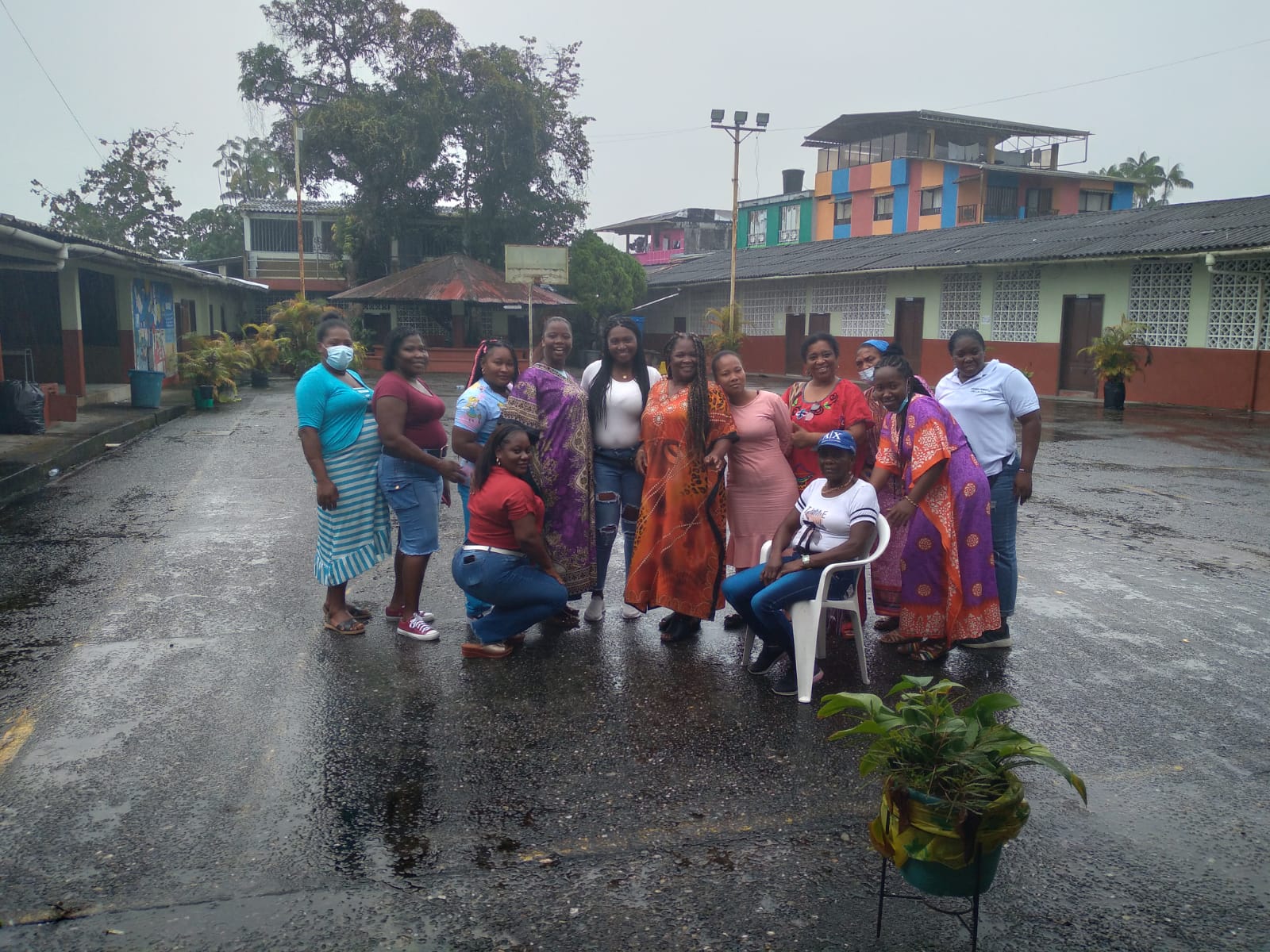Fighting for women’s rights through ‘sisterhood bonds’ in Colombia
Story

The women leaders organizing and fighting for greater women’s rights in Colombia’s coastal Pacific region are setting a path of freedom for the younger generation, says Jaime Duarte, Program Coordinator with Fundación de Activos Culturales Afro (ACUA) in Colombia.
“These leaders with whom we are working today are older women, most of them 40 years old or older … they are demonstrating to the younger women that, through sisterhood bonds, they can be better protected and united, and achieve more by working together,” he says. “The work has allowed women to get to know each other, to empower themselves, and to be more aware of their realities and their rights.”
Supported by Cuso International, Fundación ACUA is an organization that works with rural, Afro-descendant communities in the coastal Pacific region of Colombia (as well as in Ecuador and Peru) to improve women’s rights and social and economic inclusion. Afro-descendant communities in many Latin American countries face significant social and economic disadvantages related to poverty and lack of access to employment, child and maternal health services, as well as adequate housing.
“We need women to have guaranteed rights. We are convinced that the better protected women’s rights are, the more important they become for the development of their communities,” says Jaime. “They stop worrying and are freer. This freedom allows them social and economic liberties that empower them in their communities and make them stronger.”
Over the past year, Fundación ACUA achieved a significant milestone in the municipality of El Charco Nariño through a new public policy for women. Previously, legal support for the exercise of women’s rights did not exist. With this new policy, women can gain organizational strength, make their voices heard, and become leaders of change in their communities. The foundation also supported a women’s association in Chocó as they fought for greater access to health care, particularly for sexual, reproductive, and maternal and child health, and worked with women entrepreneurs to gain economic independence.
“The women in these communities want to be protagonists in their own lives. The only thing left for us to do is support them,” says Jaime. “We need to join forces, and this is why alliances such as the one we have with Cuso International, are so important.”